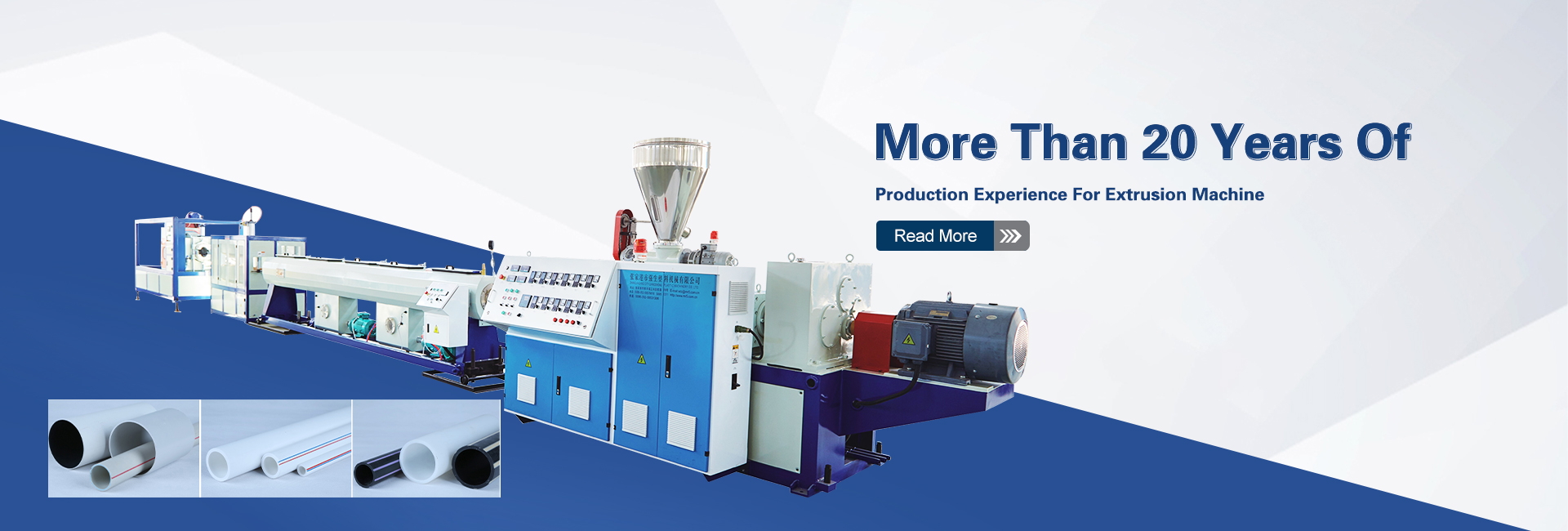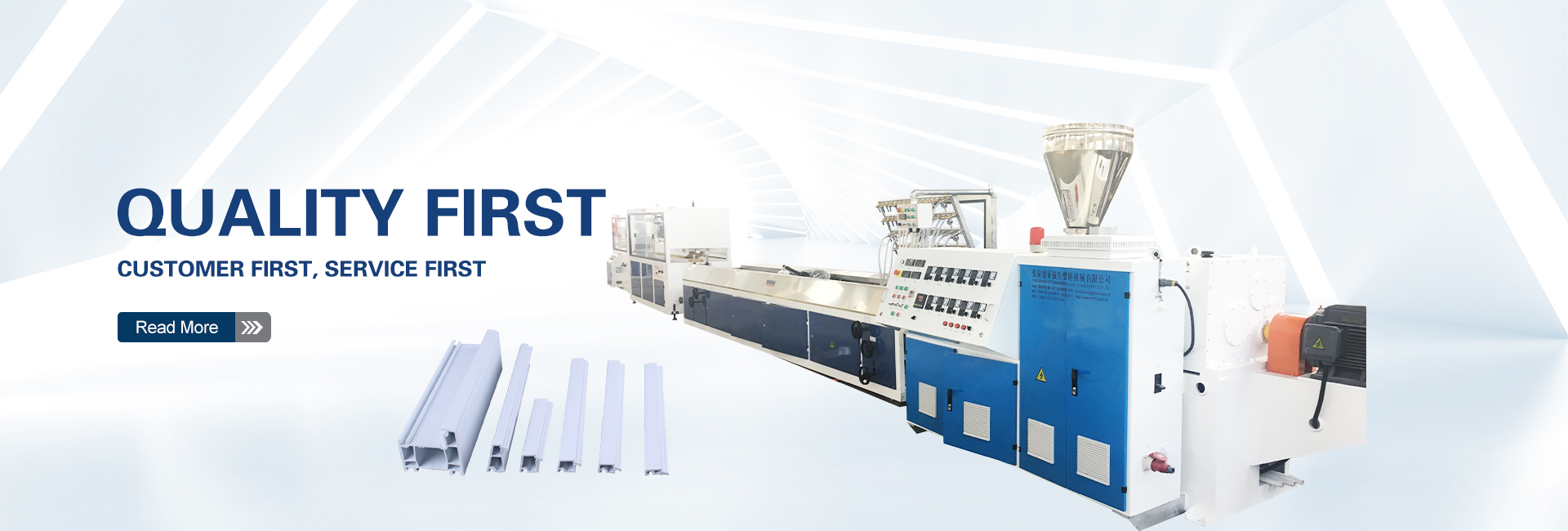In the dynamic realm of plastics manufacturing, plastic pipe making machines stand as indispensable tools, transforming raw plastic materials into a myriad of pipes and tubes for diverse applications. These remarkable machines play a pivotal role in shaping the infrastructure of our modern world, from plumbing and irrigation systems to electrical conduits and industrial piping.
As a Chinese manufacturer of plastic pipe making machines, QiangshengPlas understands the intricacies of this industry and the paramount importance of safety in the operation of these machines. Unexpected accidents and operational hazards can lead to severe injuries, property damage, and production disruptions.
To empower our customers with the knowledge and tools to ensure the safe operation of plastic pipe making machines, we have compiled this comprehensive guide.
Primary Safety Precautions for Plastic Pipe Making Machines
Operating plastic pipe making machines involves inherent risks that must be mitigated through the implementation of stringent safety measures.
1. Personal Protective Equipment (PPE)
- Wear appropriate PPE: Provide operators with safety glasses, gloves, hearing protection, and protective clothing to shield them from potential hazards.
- Enforce PPE usage: Strictly enforce the use of PPE, ensuring that operators are properly trained and equipped for their tasks.
2. Machine Safety Features
- Utilize safety guards: Install protective guards around moving parts, pinch points, and hot surfaces to prevent accidental contact or burns.
- Maintain safety interlocks: Ensure that safety interlocks are functional and properly adjusted to prevent machine operation in unsafe conditions.
3. Operational Procedures
- Establish clear procedures: Develop and implement clear and detailed operating procedures for each machine, covering startup, operation, shutdown, and emergency protocols.
- Provide operator training: Train operators thoroughly on the safe operation of the machine, including the identification and mitigation of potential hazards.
4. Maintenance and Inspection
- Conduct regular maintenance: Schedule regular maintenance checks to inspect, lubricate, and replace worn-out components, ensuring the machine’s optimal performance and safety.
- Inspect safety features: Regularly inspect safety guards, interlocks, and emergency stop buttons to ensure their proper functioning.
5. Hazard Communication
- Identify hazards: Identify potential hazards associated with the machine, such as electrical hazards, mechanical hazards, and hot surfaces.
- Communicate hazards: Clearly communicate identified hazards to operators through training, signage, and safety data sheets (SDS).
6. Emergency Response
- Develop emergency plans: Establish clear emergency response plans for different scenarios, such as fire, electrical failure, and personal injury.
- Train for emergencies: Provide regular emergency response training to operators, ensuring they are prepared to react promptly and safely.
7. Environmental Safety
- Maintain a clean and organized work area: Keep the work area clean, free from debris, and properly ventilated to prevent slips, trips, and inhalation hazards.
- Handle materials safely: Implement safe handling procedures for raw materials, waste materials, and hazardous substances.
Conclusion
By adhering to these essential safety precautions, you can ensure the safe operation of plastic pipe making machines, minimizing the risk of accidents, injuries, and property damage. At QiangshengPlas, we are committed to providing our customers with not only high-quality machines but also the knowledge and resources to operate them safely and efficiently.
Post time: Jun-13-2024



